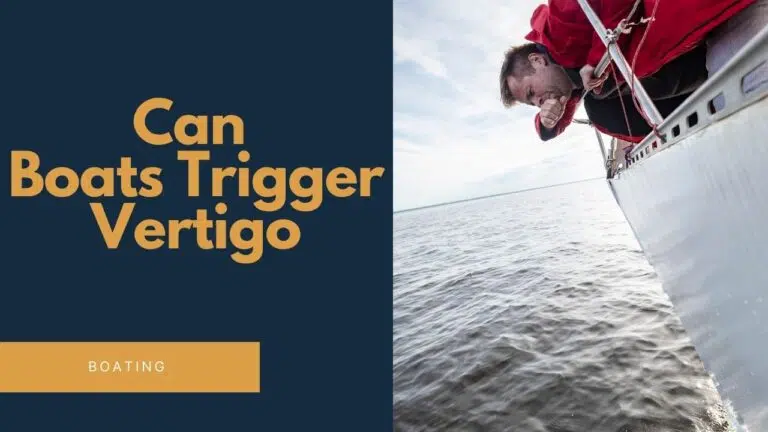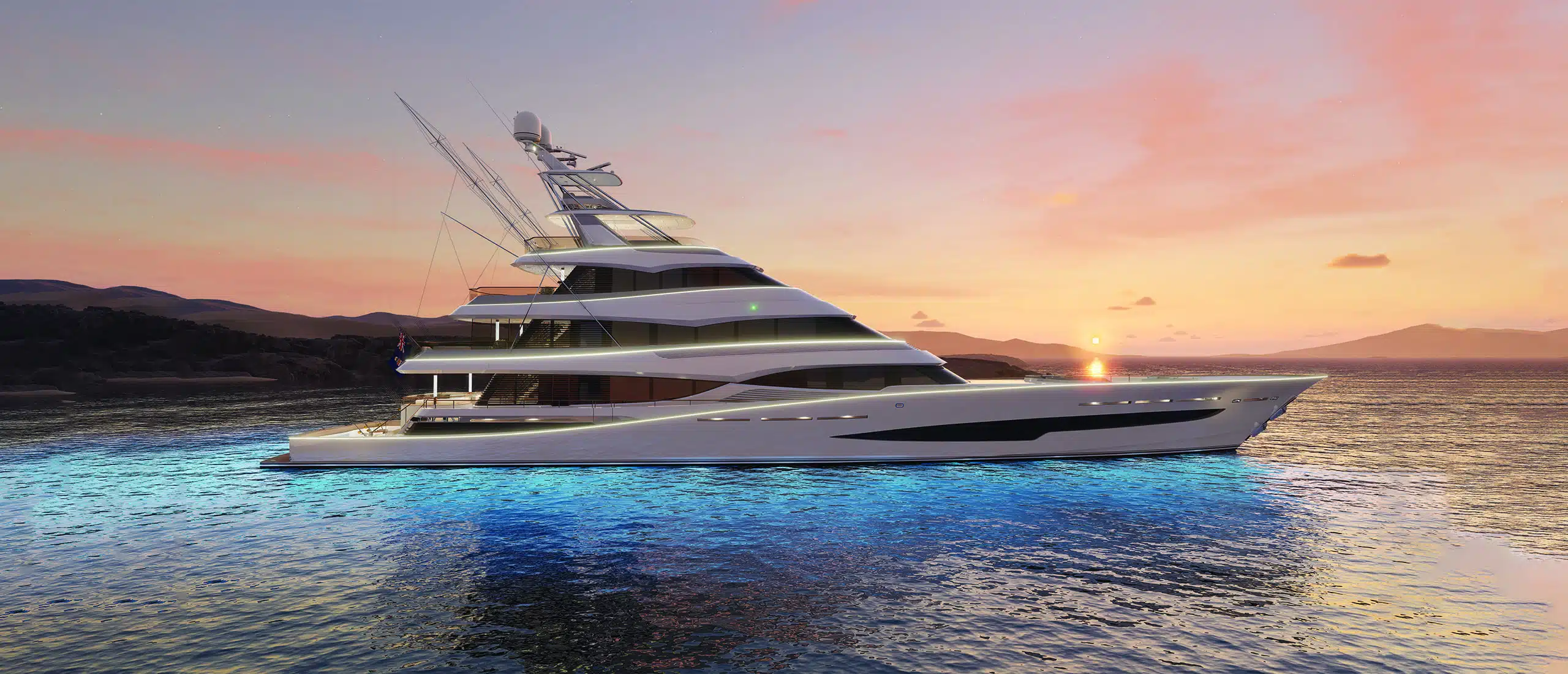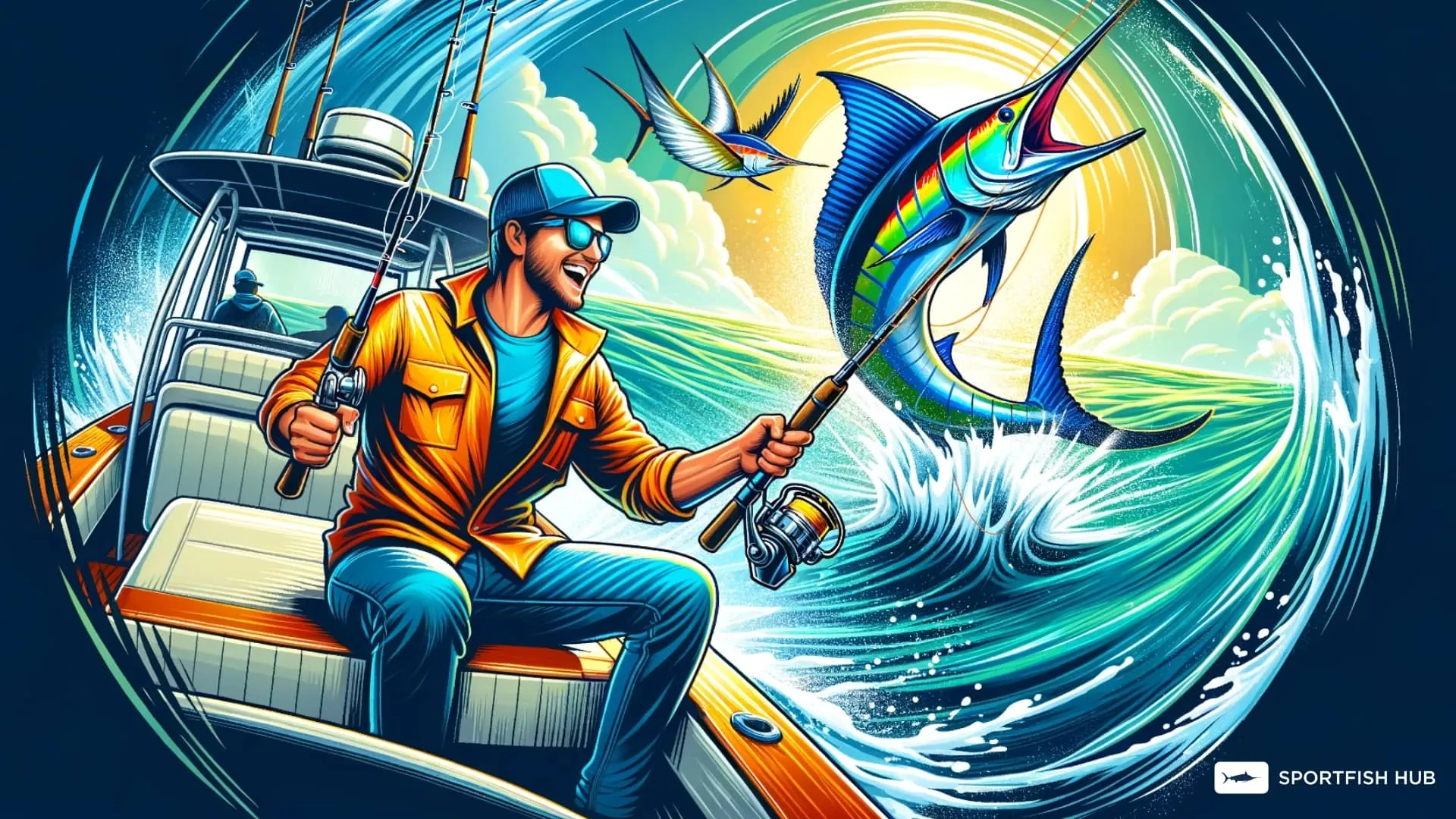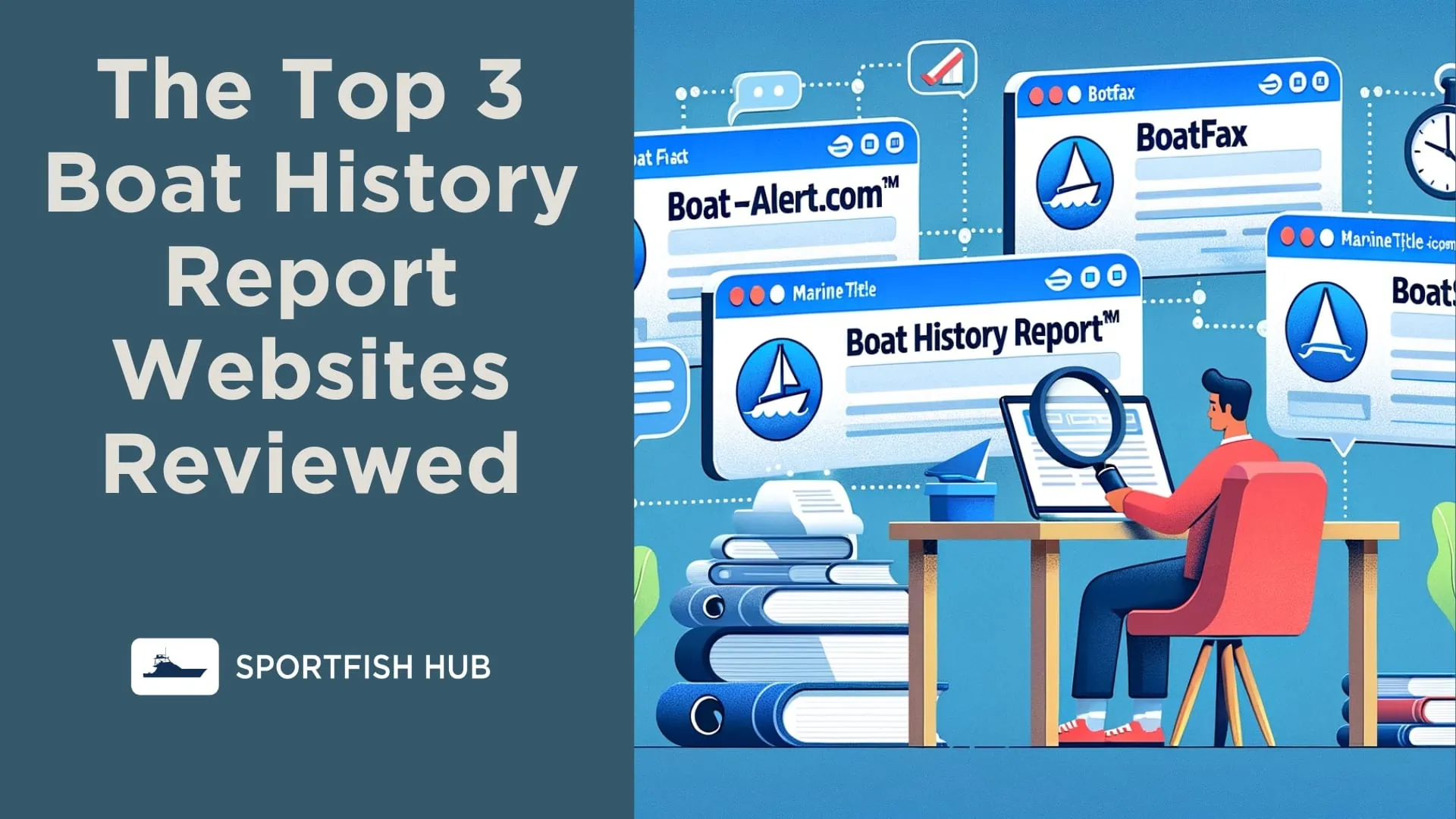Yes, boats can and do trigger vertigo, and sometimes, you may experience a lingering sensation of rocking or unsteadiness hours after getting off a boat. This sensation is particularly noticeable after extended cruises or offshore fishing trips when you might feel a persistent rocking sensation while standing still.
What Causes Vertigo on Boats?
Vertigo on boats can be attributed to two main factors: motion sickness and the boat’s movement on the water. Understanding these causes can help you find effective solutions for preventing and managing vertigo.
Motion Sickness
Motion sickness (Also known as Seasickness) occurs when there’s a conflict between the sensory inputs your brain receives, particularly from your eyes and inner ear. When you’re on a boat, your eyes might perceive the boat as stable, while your inner ear senses the motion of the waves. This sensory mismatch can lead to symptoms such as dizziness, nausea, and disorientation—hallmarks of vertigo.
Boat Movement
The way a boat moves on the water can also contribute to vertigo. As the boat rocks and sways in response to the waves, your body has to work harder to maintain balance. This struggle can lead to the spinning or tilting sensations characteristic of vertigo.
How to Prevent Vertigo on Boats
Now that we know the main causes of vertigo on boats, let’s explore some strategies for preventing and managing its symptoms:
Prepare Before You Set Sail
If you know you’re prone to motion sickness or have experienced vertigo on boats before, it’s a good idea to prepare ahead of time. Consider:
- Taking over-the-counter motion sickness medication, such as Dramamine or Bonine, before boarding.
- Wearing acupressure wristbands, which may help alleviate motion sickness symptoms.
- Staying well-hydrated and avoiding heavy meals or alcohol prior to your trip.
Tip: Drinking on a boat usually has less of an impact on motion sickness than drinking the night before.
Choose Your Spot Wisely
Your position on the boat can significantly affect your susceptibility to vertigo. Aim for a spot where the boat’s movement is minimized, such as near the center or back of the vessel. Additionally, try to sit or stand in a location where you have a clear view of the horizon—this can help your brain process the motion of the boat more accurately and reduce the risk of vertigo.
Breathe Deeply and Stay Focused
Practicing deep, controlled breathing can help alleviate feelings of dizziness and nausea. Moreover, engaging in conversation or focusing on a task can distract your brain from the disorienting sensations and help you maintain your balance.
How Long Does Vertigo Last From a Boat?
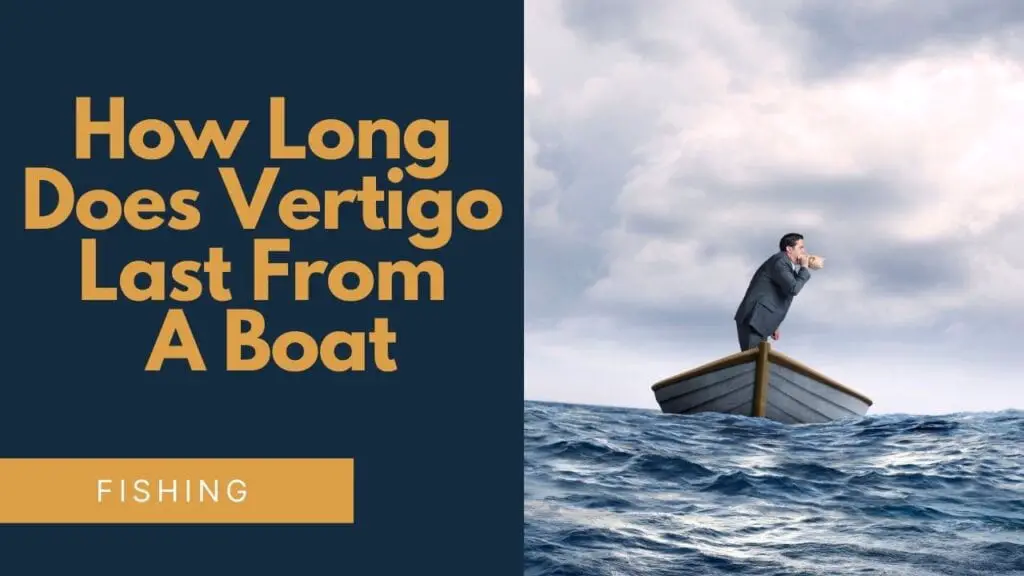
The duration of boating vertigo can vary depending on the individual and the circumstances.
For some people, vertigo may last only a short time and subside as they adjust to the boat’s motion. For others, it may persist throughout the entire boat trip and for hours after getting back on land.
In most cases, vertigo should subside shortly after leaving the boat. However, if vertigo symptoms persist or become more severe, it’s essential to consult a healthcare professional.
Conclusion
Although vertigo on boats is usually a temporary and manageable issue, it’s essential to recognize when professional help is necessary. If your vertigo symptoms persist even after you’ve left the boat or if they become more severe, you may be experiencing a more serious condition, such as Mal de Debarquement Syndrome or an inner ear disorder. In such cases, it’s crucial to consult a healthcare professional for a proper evaluation and treatment plan.
In summary, vertigo on boats is a common challenge faced by boating and offshore fishing enthusiasts of all skill levels. By understanding the causes, taking preventive measures, and learning to manage the symptoms, you can minimize the impact of vertigo on your boating adventures. Remember to build your sea legs gradually, embrace the experience, and seek professional help when necessary. With the right approach, you’ll be able to enjoy the open waters with confidence and ease.
FAQ
Yes, you can get Vertigo after being on a boat, and the condition actually has a name: Mal de Debarquement or “MdDS”
Yes, being properly hydrated can help relieve or prevent some of the symptoms of vertigo.
For some, Caffiene can have a positive effect on Vertigo; however, for others Caffiene and actually induce Vertigo.

